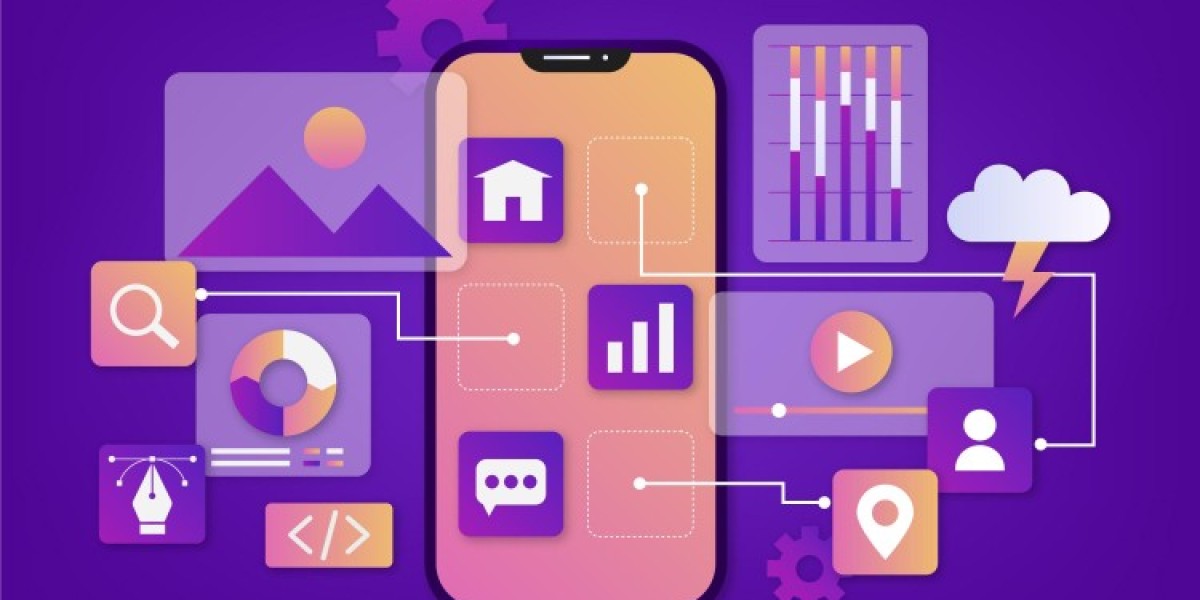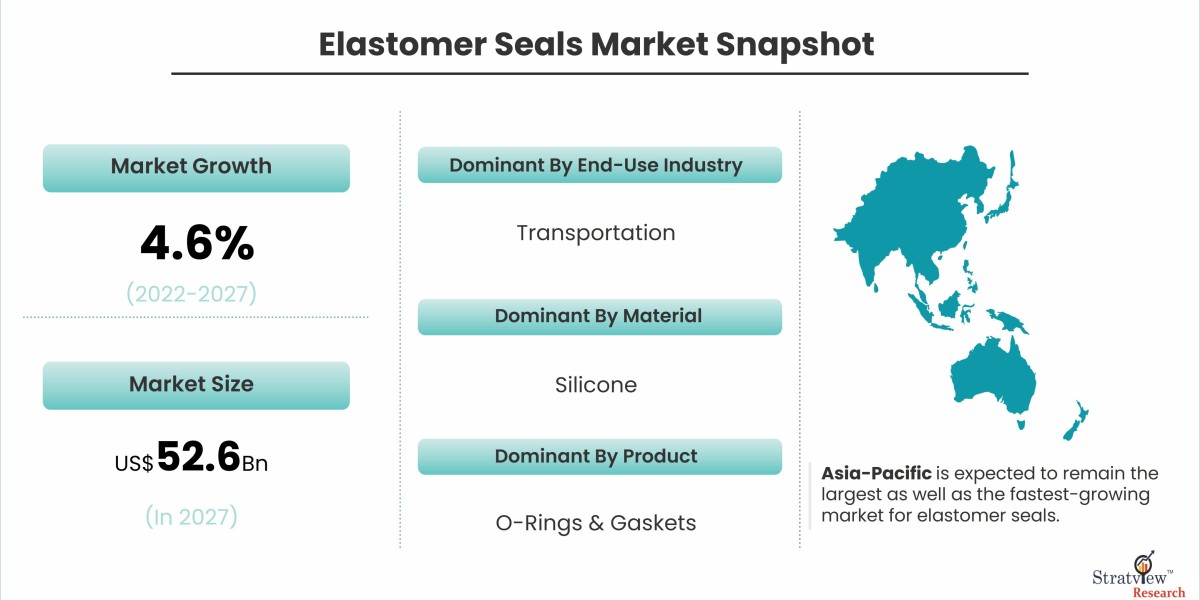In today's digital landscape, the demand for mobile apps that can seamlessly run across multiple platforms has never been higher. As a result, hybrid mobile app development companies are turning to cross platform mobile app development frameworks to create efficient, cost-effective, and feature-rich applications. These frameworks allow developers to build apps using a single codebase, reducing development time and costs while ensuring a consistent user experience across platforms.
One of the most popular cross-platform mobile app development frameworks is Flutter. Developed by Google, Flutter uses the Dart programming language and offers a fast and expressive way to build native-looking apps for both iOS and Android. With its rich set of customizable widgets, Flutter enables developers to create stunning user interfaces that adhere to platform-specific design guidelines. Flutter's hot reload feature allows for quick iterations, making it easier to experiment and fix bugs in real-time.
Another widely adopted framework is React Native, which was created by Facebook. Built on JavaScript and React, React Native allows developers to create native-quality apps using familiar web technologies. Its component-based architecture and live reloading capabilities make development faster and more efficient. React Native also has a vast ecosystem of libraries and tools, making it easy to integrate third-party services and features into your app.
Ionic, a popular open-source SDK, is another contender in the cross-platform mobile app development space. Ionic leverages web technologies like HTML, CSS, and JavaScript to build high-performance, cross-platform apps. It offers a wide range of UI components, gestures, and interactions that can be easily customized to match your app's branding and design. Ionic also supports popular JavaScript frameworks like Angular, React, and Vue, making it a versatile choice for developers.
When it comes to cross platform mobile app development cost in India, these frameworks offer significant advantages. By using a single codebase, developers can save time and resources that would otherwise be spent on building separate native apps for each platform. This reduction in development time directly translates to lower costs for businesses, making cross-platform development a cost-effective solution for companies looking to expand their reach across multiple platforms.
If you're considering building a cross-platform mobile app, it's essential to partner with a reputable hybrid mobile app development company that has expertise in these frameworks. A skilled development team can help you choose the right framework based on your app's requirements, design, and target audience. They can also guide you through the development process, ensuring that your app is optimized for performance, security, and user experience.
In conclusion, cross-platform mobile app development frameworks are revolutionizing the way we build mobile apps. By offering a faster, more efficient, and cost-effective approach to development, these frameworks are enabling businesses to reach a wider audience and deliver exceptional user experiences. As the demand for cross-platform apps continues to grow, it's clear that these frameworks will play a crucial role in shaping the future of mobile app development.


